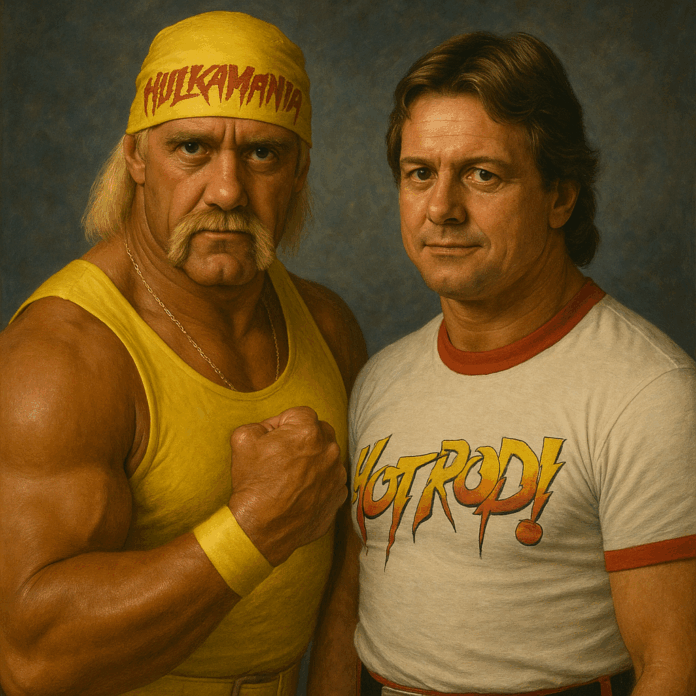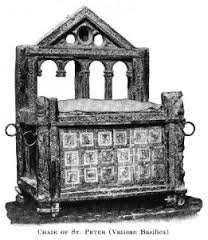July 2025 has become one of the most sobering and grief-laden months for pop culture in recent memory. The cultural imagination has lost eleven influential figures: wrestling icon Hulk Hogan (71) died of cardiac arrest; Cosby Show actor Malcolm-Jamal Warner (54) tragically drowned while on vacation; tough-guy actor Michael Madsen (67) passed from heart failure; celebrity chef Anne Burrell (55) died unexpectedly; rock legend Ozzy Osbourne (76) succumbed to Parkinson’s disease; jazz maestro Chuck Mangione (84) died peacefully surrounded by loved ones; stage legend Tom Troupe (97) passed quietly; ground-breaking Black actor Kenneth Washington (88), known for Hogan’s Heroes and Star Trek, left behind a rich legacy; esteemed actor and director Charles Augins (81) passed after decades on stage; Calvinist Baptist pastor John MacArthur (86) and George Kooymans (77), founding guitarist of Golden Earring, known for the timeless hit Radar Love, also departed.
Each death is significant, as all are. As hard as it is to believe at times, given human wretchedness, we are all infinitely valuable to God. To me and other fellow Christians, Hulk Hogan’s passing stands out, not simply due to the magnitude of his fame, but because of the redemptive arc that unfolded in the latter part of his life. His legendary presence transcended the wrestling ring and permeated popular cinema. I also recall his memorable role in Rocky III (1982) as Thunderlips—“The Ultimate Male” or “The Ultimate Object of Desire,” a performance that blurred the line between parody and power, celebrity and spectacle.
As someone who has, over the past thirteen years, found himself unintentionally yet persistently drawn into writing theological reflections on death and legacy, from Christopher Hitchens and Chris Cornell to Phil Lynott, Val Kilmer, Jeffrey Dahmer, Wolfgang Smith, and Nabeel Qureshi, I have, in effect, become a kind of theological obituarist. I see Hogan’s passing as one of the most unexpected and sobering. This past week I completed a theological-cultural essay on the passing of Ozzy Osbourne, which was published this morning (July 28, 2025), in Crisis Magazine, probing the uneasy balance between his public image, private anguish, and the uncertainty surrounding his spiritual state.
Like many from my generation, I was introduced to Hogan through the World Wrestling Federation (WWF, now WWE) and the wildly popular 1980s cartoon Hulk Hogan’s Rock ‘n’ Wrestling. The show was unabashedly moralistic: Hogan led a band of heroic wrestlers who stood for clean living and righteousness, while the villainous crew, led by “Rowdy” Roddy Piper, embodied chaos, mischief, and underhanded tactics. As a child, the moral distinctions were clear. Hogan was the good guy. Piper was the antagonist.
However, life, as we all learn, rarely conforms to the neat binaries of childhood cartoons. In a divine twist more profound than any WWF storyline, Roddy Piper, once hailed as the “Most Hated Wrestler” in 1984 and 1985, became a vessel of grace in Hogan’s real life. Before his death in 2015, Piper had undergone a deep spiritual transformation. In a now-viral interview, Hulk Hogan recounted how they reconciled after decades of hostility, despite being fierce rivals for over 25 years, and began speaking daily about spiritual matters. “We were at each other’s throats,” Hogan recalled. “But as we got older, we started talking a lot… He started asking me about my spirituality. He really didn’t connect, but he was very curious.”
Then came the moment that leaves one speechless. Hogan received a voice message two days after Piper had died. In it, Piper said: “I’m just loving you, my brother. I’m just walking with Jesus. Walking with Jesus today, my brother. Walking with Jesus and loving you.” As Hogan said, “He would have never said that when he was here.”
The profundity of this exchange cannot be overstated. A man who once embodied defiance, chaos, and rebellion had not only come to Christ but had witnessed to the very man he once opposed in public combat. Their enmity became friendship. Their rivalry led to a reconciliation. Their shared journey led them to redemption.
This story resonates personally. I think back to the conversion of my godfather, a brilliant neurosurgeon, who fled communism in Hungary and had mentored my father in the 1970s. In his final years, we had deep theological conversations that led him to faith. His family, especially his daughter, viewed my involvement with suspicion at first. However, years later, she reached out to thank me, shared her own spiritual experiences, and shared information about her father’s suffering that she and other family members had not known. Fast forward to Easter 2023, I saw on her Facebook page stunning news: she had been baptized and confirmed into the Catholic faith, profoundly impacted by her father’s conversion months before his death. She thanked me. It was an unexpected grace. As I’ve come to learn, when you plant seeds of truth, God often waters them in ways you cannot foresee. Just when it seems your witness has fallen on barren ground, the Lord reveals otherwise. The Holy Spirit moves in unseen ways and through hardened hearts, beneath layers of skepticism, and in the quiet aftermath of doubt.
Hogan’s own later-life Christian witness bore visible fruit. He was baptized 18 months before his death on July 24, 2025. He shared his faith publicly. He confessed to a need for redemption. These were not the polished statements of a PR campaign but the halting, humbled acknowledgments of a man who had glimpsed eternity. In a world where fame insulates and pride hardens, Hogan let the light in.
Pop icon Debbie Gibson offered heartfelt reflections on Facebook about the spate of recent deaths, including Hogan’s. She remembered him as a “gentle giant” who made her feel safe and seen during a time when the industry could be cutthroat. “Those who provided a soft and welcoming atmosphere in a world that at times was hard to navigate… I joke ‘cuz it’s so very sad to be losing all of these legendary folks.” Her words remind us that behind the media images, there are real people with souls, struggles, and, sometimes, surprising sanctity.
This month’s swirl of spiritual commentary has also resurrected old and dangerous distortions about Jesus, particularly from New Age, some “Truthers,” and pseudo-gnostic voices who attempt to redefine Him as a mystic guru who came not to save us, but to awaken us to our own divinity. One video circulating on social media, of a woman in conversation with AI software, claims that the “elite” buried the “real” Jesus, who was teaching people to escape systems of control and realize their inner godhood. It accuses Christianity of manufacturing a religion of guilt and blood in place of a gospel of empowerment.
Such claims are not merely historically false but spiritually destructive. The Jesus of history and Christian faith is not a projection of inner potential or a mirror of human sovereignty. He is the Incarnate Logos, crucified for the sins of the world, risen bodily from the dead, and reigning as Lord. He did not come to “awaken” us to self-divinity but to redeem us from sin. He did not say, “You are not a sinner,” but rather came because we are and because we cannot save ourselves.
The cultural myth that everyone goes to a “better place” is just as dangerous. Salvation is not guaranteed by legacy, sincerity, or public acclaim. It is a gift, received through repentance, faith, and surrender to Christ. The broad way leads to destruction. The narrow road requires repentance.
And the narrow road remains open longer than we deserve because of God’s grace. Nevertheless, we may hope that Piper entered it, and Hogan followed. The final exchange between Piper and Hogan, once opponents in the dramatized sport of wrestling, serves as a parable for us all. Grace is real. Redemption is possible. Enemies become brothers when Christ intervenes.
Hulk Hogan may have once claimed to be “immortal” in the ring, but he came to realize that true immortality lies not in fame or nostalgia, but in Christ. He didn’t win his greatest match under the lights of WrestleMania but in quiet conversations, heartfelt confession, and the prayers of a once-rival turned witness.
May he rest not in performance nor in power, but in the peace of Christ.












